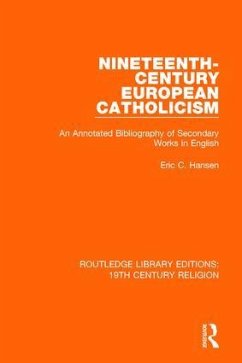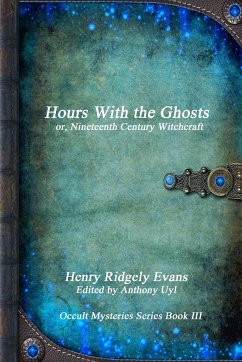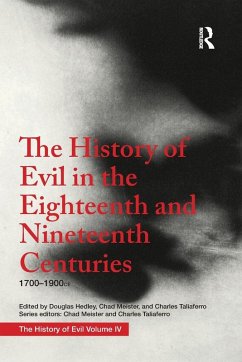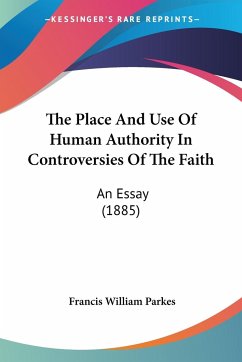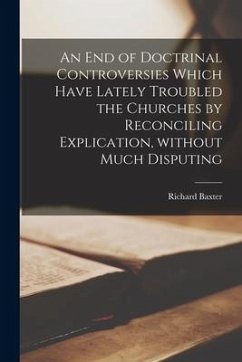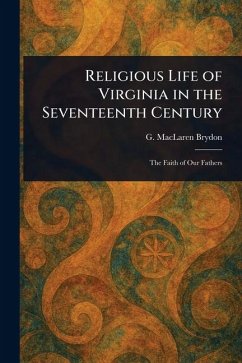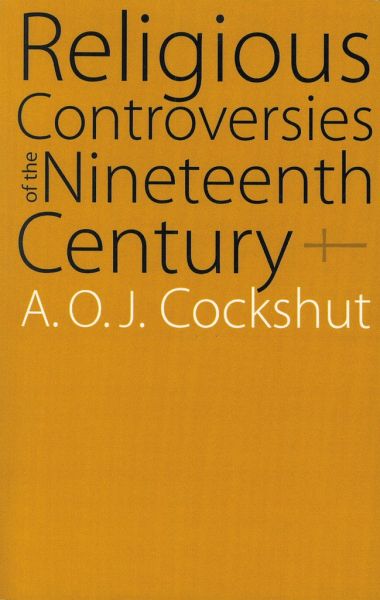
Religious Controversies of the Nineteenth Century
Selected Documents
Herausgeber: Cockshut, A O J
Versandkostenfrei!
Versandfertig in über 4 Wochen
29,99 €
inkl. MwSt.

PAYBACK Punkte
15 °P sammeln!
The relation of the Church to the State and that of science to religion were at the core of the bitter religious controversies raging in Victorian England. The purpose of this book is to present as many as possible of the basic texts (and in particular those that are comparatively inaccessible) necessary to their understanding. The volume opens with William Wilberforce's eloquent appeal for Evangelical religion (1797), followed by two selections from the writings of the great precursor of the Oxford Movement, Samuel Taylor Coleridge. From Newman's Tracts for the Times, Mr. Cockshut has chosen ...
The relation of the Church to the State and that of science to religion were at the core of the bitter religious controversies raging in Victorian England. The purpose of this book is to present as many as possible of the basic texts (and in particular those that are comparatively inaccessible) necessary to their understanding. The volume opens with William Wilberforce's eloquent appeal for Evangelical religion (1797), followed by two selections from the writings of the great precursor of the Oxford Movement, Samuel Taylor Coleridge. From Newman's Tracts for the Times, Mr. Cockshut has chosen two 1833 tracts--No. 1, which distinguishes between the constitutional position of the Church on the one hand and its essential spiritual authority on the other; and No. XI, in which Newman argues that the plain sense of the Bible points to the authority of the Church--and sections from the famous Tract XC (1841), Newman's attempt to reconcile the Thirty-Nine Articles with Roman doctrines. The position of the Broad Church school, which was more concerned with the moral and educational influence of Christianity on the nation as a whole than with the drama of individual salvation, is suggested in two sermons by Thomas Arnold. Subsequent groups of selections deal with three "full-dress Victorian controversies." In 1847, Lord John Russell's nomination of Dr. Hampden as bishop of Hereford was challenged on the ground that the Church was entitled to be consulted before it had bishops imposed on it by the Crown, and raised the question: Was the Church of England a part of Christ's church or was it a department of State? Fifteen years later the Colenso case--the trial for heresy of the bishop of Natal--raised an even more intractable problem: What was the relation of Church and State overseas? In the meanwhile the publication of Essays and Reviews (1860) and the prosecution for heresy of two of the contributors saw a lay court deciding doctrinal questions. In the concluding selections, the impact of Darwin's Origins of Species on contemporaneous religious thought is reflected in A. P. Stanley's sermon at the funeral of the geologist Sir Charles Lyell (whose work anticipated in part Darwin's Descent of Man) and in Frederick Temple's 1884 lecture "The Relations between Religion and Science." A general introduction by the editor puts the documents in context and each selection is preceded by a brief discussion.



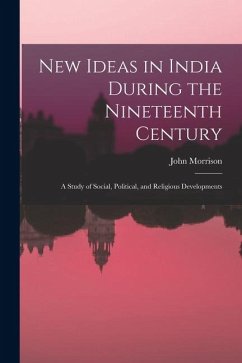
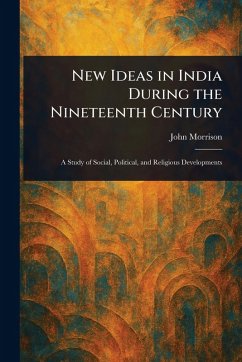
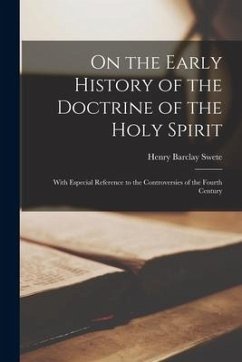
![Sweet First-fruits [microform]; a Tale of the Nineteenth Century on the Truth and Virtue of the Christian Religion Cover Sweet First-fruits [microform]; a Tale of the Nineteenth Century on the Truth and Virtue of the Christian Religion](https://bilder.buecher.de/produkte/65/65577/65577577n.jpg)
